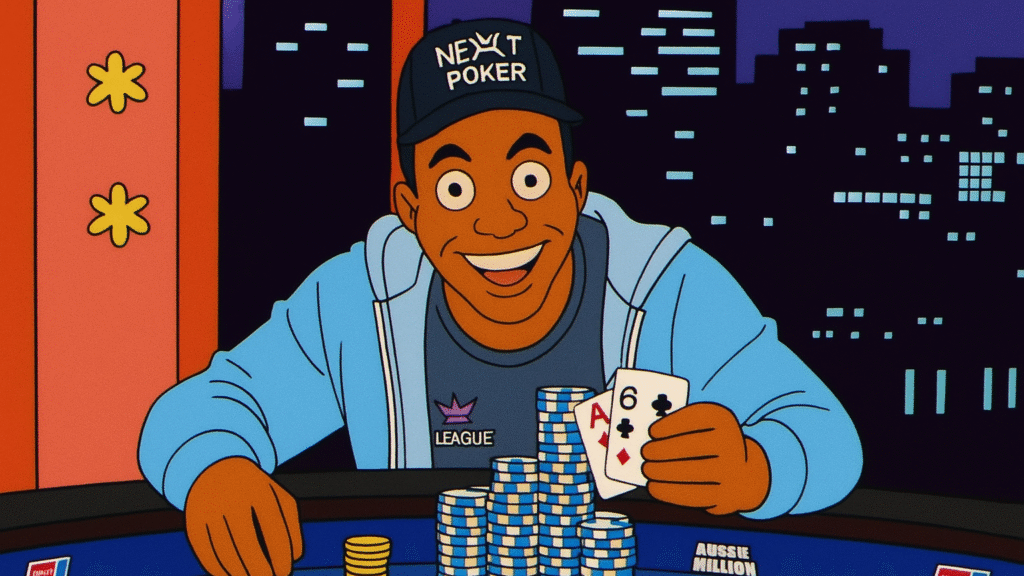
Poker legend Phil Ivey has lost his appeal against Genting Casinos UK in a high-profile legal battle. The case centered on £7.8 million in winnings from Punto Banco at Crockfords Casino, which the casino withheld, alleging Ivey’s use of ‘edge sorting’ constituted cheating. The Court of Appeal upheld the lower court’s decision.
Ivey’s Legal Battle Continues: High Stakes and High Drama
Phil Ivey, a ten-time World Series of Poker bracelet winner, found himself embroiled in a significant legal dispute with Genting Casinos UK. The core of the contention was £7.8 million that Crockfords Casino, a Genting establishment, refused to pay out to Ivey. Ivey had won the sum playing Punto Banco, a form of baccarat, in 2012.
The Edge Sorting Controversy
Ivey admitted to using a technique known as ‘edge sorting,’ which involves identifying subtle manufacturing defects on the backs of playing cards to gain an advantage. While Ivey maintained that this was a legitimate strategy and the casino should have been aware of it, Crockfords argued it amounted to cheating.
Court Rulings and Appeals
- October 2014: A high court initially ruled in favor of Crockfords Casino, stating that Ivey’s actions constituted cheating.
- December 2014: Ivey filed an appeal with the Court of Appeal in London, seeking reconsideration of the verdict.
- November 2016: The Court of Appeal dismissed Ivey’s appeal. Lady Justice Arden, in her ruling, stated that Ivey’s actions affected the odds of the game without the casino’s knowledge, thus constituting cheating under the implied terms of the casino’s contract and the Gambling Act of 2005.
Defining ‘Cheating’
A central point of contention in the case was the legal definition of ‘cheating’ in gambling. While Ivey argued that he was not dishonest and that the trial judge agreed, the Court of Appeal ultimately determined that his actions, by interfering with the game’s odds, met the criteria for cheating.
Key Takeaways
- The legal definition of ‘cheating’ in gambling can extend beyond overt dishonesty to include actions that manipulate the odds without the casino’s knowledge.
- Casinos have implied contractual terms that prohibit actions affecting the game’s integrity.
- Phil Ivey’s legal challenges regarding edge sorting are not isolated, as he faced a similar, though distinct, case with Borgata Hotel Casino & Spa in the United States.